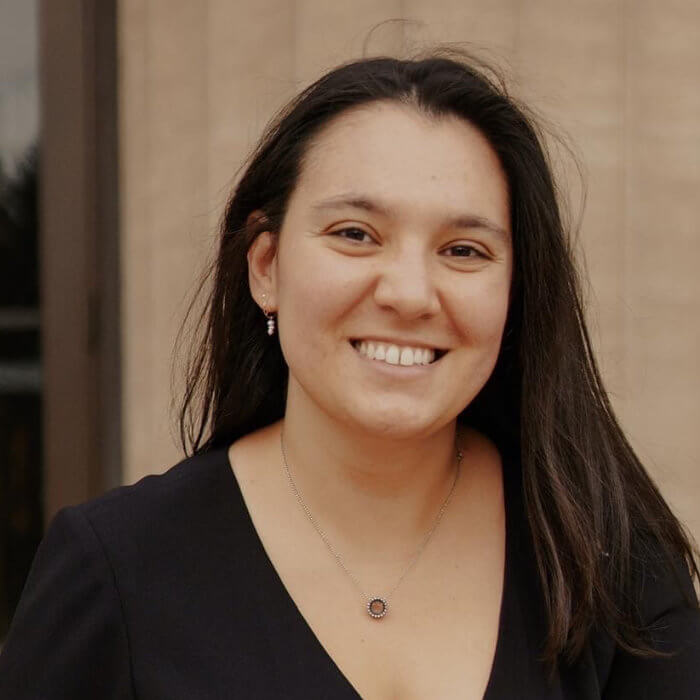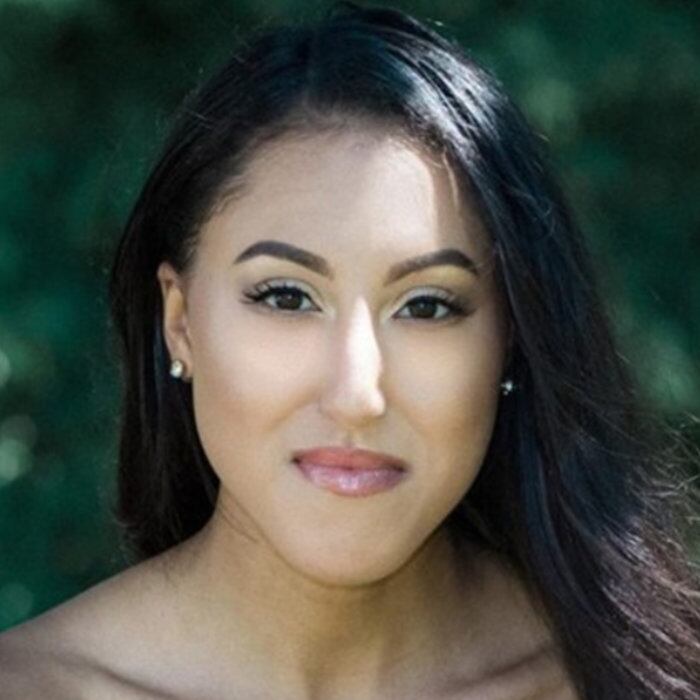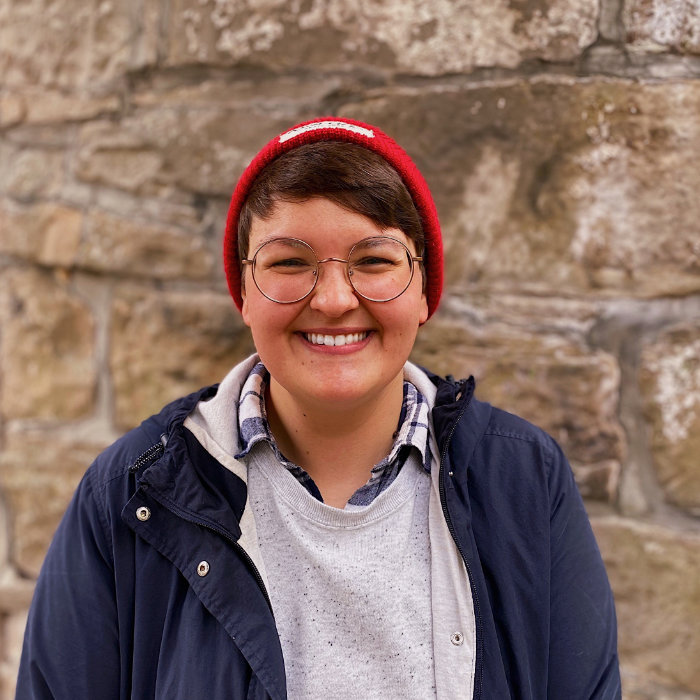TESTIMONIALS

Nina Cammalleri '17

Meliha Horzum '20

Tianna Hernandez '16

Cassandra D’Ambrosio '15

Lisa Bifano '13

Marie Nash '11

Jessica Allen '98

Brandon Coombs '15

Kearon Roy Taylor '11

Stephanie Carpenter '05

Emily Lackie '11
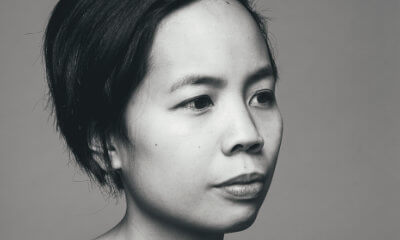
Casey Mecija '13

Mark Giavedoni '01

Alyssa Lai '12

Alex Zavarise '17

Katarina Todić '15

Shada McShannon '12

Nandini Thiyagarajan '17

Jordan Sheridan '19

Emily Meilleur '21

Qazi Mustabeen Noor '20

Tristan Toye '14

Nichole Fanara '14

Katilyn Laslo '18
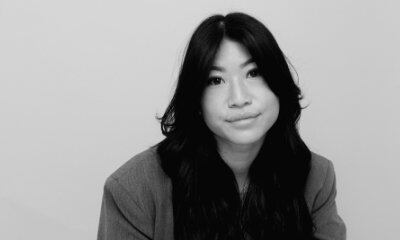
Kaitlynn Jong '16

Alex Piccini '16

Coralie Zaza '17

